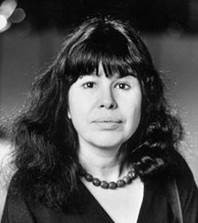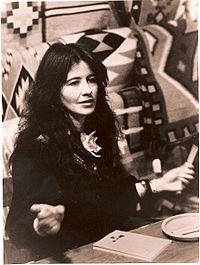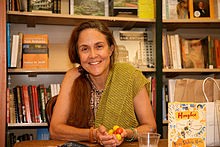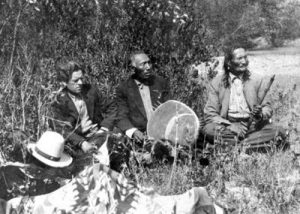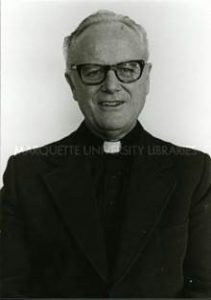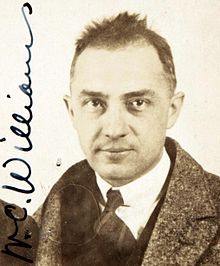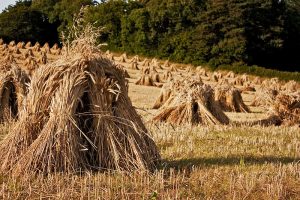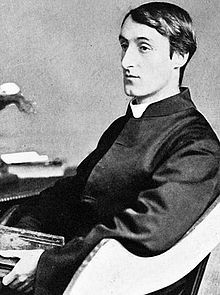Friday, November 15
“ . . . people . . .
who strain in the mud and the muck to move things forward
who do what has to be done, again and again”
Wednesday’s Jamaal May poem, “Shift” inspired one of our English faculty to post & call “Shift” “another wonderful post” (Thank you, Heather) and introduce me to Marge Piercy’s “To be of Use.” Flint hard language in tightly woven poems . . . Yes, they make the world go round, no matter how deep the mud and the muck.
Best to read the poem out loud, with pauses and, maybe tip one’s hat to our English Department.
Have a blest weekend,
john sj
Today’s Post: Marge Piercy “To be of Use”
The people I love the best
jump into work head first
without dallying in the shallows
and swim off with sure strokes almost out of sight.
They seem to become natives of that element,
the black sleek heads of seals
bouncing like half-submerged balls.
I love people who harness themselves, an ox to a heavy cart,
who pull like water buffalo, with massive patience,
who strain in the mud and the muck to move things forward,
who do what has to be done, again and again.
I want to be with people who submerge
in the task, who go into the fields to harvest
and work in a row and pass the bags along,
who are not parlor generals and field deserters
but move in a common rhythm
when the food must come in or the fire be put out.
The work of the world is common as mud.
Botched, it smears the hands, crumbles to dust.
But the thing worth doing well done
has a shape that satisfies, clean and evident.
Greek amphoras for wine or oil,
Hopi vases that held corn, are put in museums
but you know they were made to be used.
The pitcher cries for water to carry
and a person for work that is real.
“to be of use”
https://owlcation.com/humanities/An-Analysis-of-To-Be-of-Use-by-Marge-Piercy
Marge Piercy, March 31, 1936
https://en.wikipedia.org/wiki/Marge_Piercy

